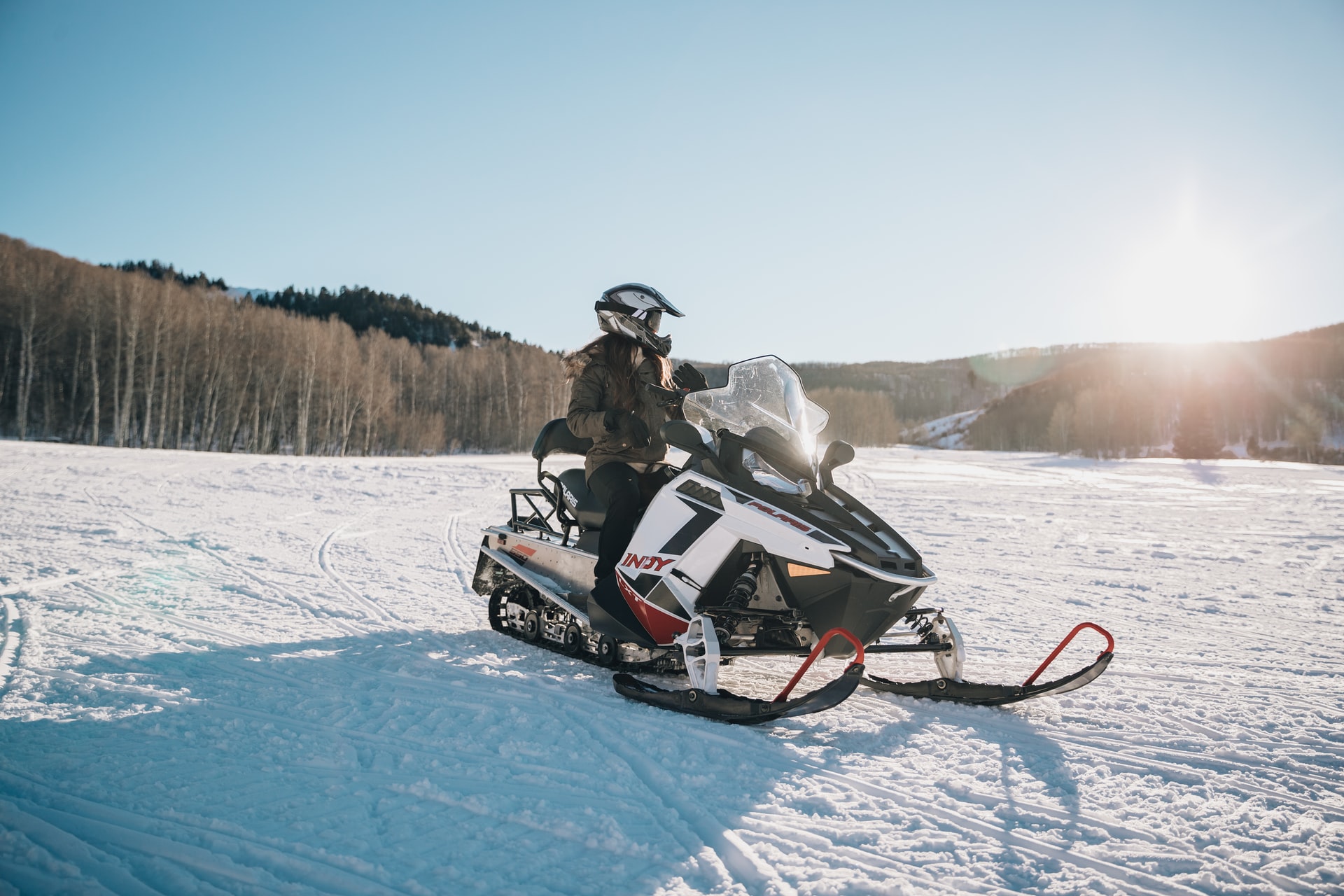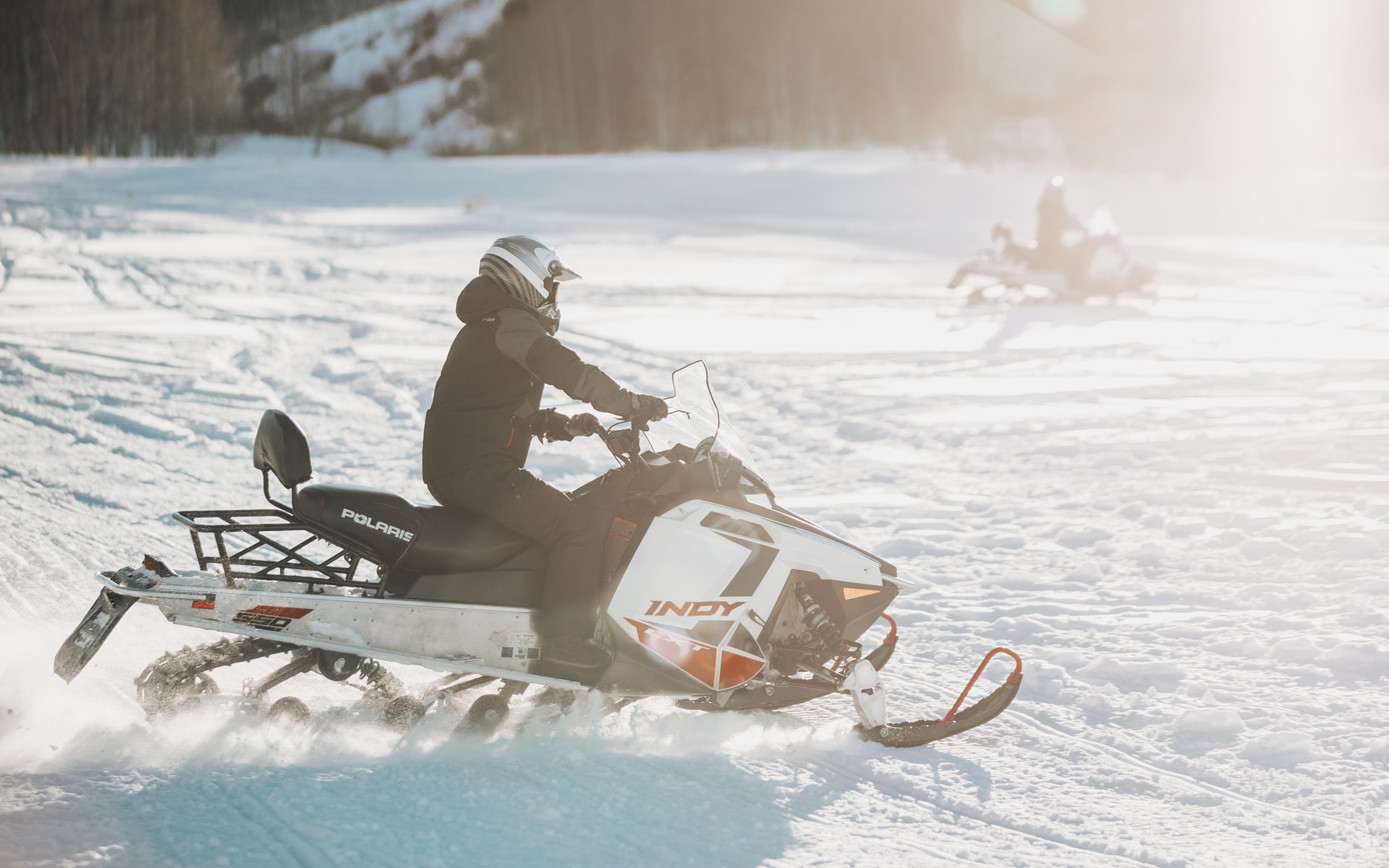WELLINGTON COUNTY – A two-year impasse between the Ontario Federation of Snowmobile Clubs (OFSC) and the Grand River Conservation Authority (GRCA) has come to an end.
An agreement established this month between the GRCA and the Lake Conestoga Snowmobilers now allows snowmobile use on 13 kilometres of trails running northwest and southeast along Conestogo Lake on GRCA-owned property in Mapleton Township.
It also includes access to a clubhouse on the property.
That’s good news for the club – which belongs to OFSC’s District 9 and builds and maintains trails in the area – and any snowmobiler who has a permit through the OFSC.
But not all county clubs and local politicians are happy with the small victory.
Wellington North councillor Steve McCabe recently questioned GRCA administrative staff during a Dec. 13 council meeting, asking when snowmobile trails in Wellington North would reopen for snowmobile use.
The short answer: they won’t be, at least not anytime soon.
Snowmobiling is dependent on thousands of landowners who allow the use of their land each year. Because of those landowners, a massive trail system crisscrosses its way from northern Ontario, down to Port Stanley at the southern edge of the province and as far west as Lambton County.
Along the way, trails intersect with lands owned by conservation authorities.
The arrangements with the authorities haven’t historically been a problem in District 9 (which also has arrangements with three additional authorities) until the recent impasse with the GRCA, District 9 manager Karen Buratynski told the Advertiser.
“This has … definitely been unique,” she remarked.
In the summer of 2019, District 9 snowmobile clubs in Mapleton, Wellington North and Centre Wellington were informed their insurance policy no longer met obligations outlined in agreements with the GRCA, according to GRCA communications manager Lisa Stocco.
Buratynski said the OFSC, which provides insurance coverage to all clubs, covering landowners, users and volunteers, “became aware that some of the clauses that GRCA had in its land use agreement for years could expose our volunteers to personal uninsured risk.”
She explained the agreements were unreasonable, requiring clubs to “ensure the safety of the other user groups [the] GRCA invites to utilize these properties on a year-round basis, as well as indemnifying and holding the GRCA harmless for any liability that has nothing to do with the operation of a snowmobile trail.”
“We reached out to the conservation authority and … respectfully asked them to amend the agreement to be in line with our commercial general liability insurance policy,” Buratynski said.
In previous agreements, local clubs were responsible for operation and use of trails, ensuring they were “safe for all authorized users, without any limitations on their insurance and indemnification/hold harmless clause,” according to an August 2020 GRCA meeting agenda.
“Requested revisions would limit the clubs’ liability to their own negligence, and further limit their liability to negligence for those operations usual to a snowmobile trail,” a report in the agenda stated.
According to Stocco, those requested changes would have “substantially increased the GRCA’s obligations, liability and risk as a private landowner.”
Several options were considered and clubs were told if they considered “modifications to their requested revisions and [obtained] additional insurance, staff would further consider permitting a reduced trail network,” according to the August report.
Both sides were unable to come to an agreement and 47km of snowmobile trails on GRCA property throughout the county were taken off the map from 2019 to 2021 as talks between the GRCA, Buratynski and local clubs continued.
The conservation authority reviewed its trail network and recommended trails not open to the general public and limited use be considered for snowmobiles.
Only the 13 kilometres of trail near Conestogo Lake, operated by the Lake Conestoga Snowmobilers, met the recommendation
“The GRCA agreed to accept some risk and liability exposure as a result of the requested revisions … provided some modifications to the clubs’ requested revisions be accepted,” Stocco stated in an email.

(Unsplash photo)
Buratynski said District 9 and the local club are “thrilled” by the new agreement.
“We do believe that in working with GRCA, we did come to a conclusion that was the best possible outcome … and we do want to extend a ‘thank you’ to the GRCA,” Buratynski added.
But the remaining 34km of trails on other GRCA property within the county, including 14km in Wellington North, remain a no-go for snowmobiling.
And that has McCabe irked.
Responding to McCabe’s concerns at the December council meeting, GRCA CAO Samantha Lawson said the authority was able to reach an agreement with the Lake Conestoga Snowmobilers because the trail would be single-use, limiting liability from other users.
“I think the tricky part in Belwood is that one of the main connections is the rail trail, which is a multi-use, year-round trail which is part of the challenge in terms of managing other users with snowmobiles on the same trail,” Lawson said.
“It’s something we’re still negotiating; both sides are still at the table, we’re talking it through,” she said.
“It is a complicated issue on a number of levels.”
However, in an email to the Advertiser, Stocco stated: “There are no ongoing discussions regarding snowmobile access on GRCA lands in Wellington County or Wellington North for the current snowmobile season.”
Later speaking with the Advertiser, McCabe said he couldn’t wrap his head around why taxpayers can’t have access to something they’re paying for, referring to the situation as “mind numbing.”
“This is taxpayers’ money … paying for everything in conservation authorities in general … the residents should be able to access it and that’s my stance, unless they can come up with a better answer,” McCabe said, adding he would continue pressing the issue.
Buratynski acknowledged “a number of clubs” remain disappointed, having lost access to sections of trail in the county, with no sign of a resolution.
“The volunteers put a lot of work into the trail, they [have] put a lot of money into the trail over the years and these trails benefit their local small communities,” Buratynski said.
“As long as GRCA operations stay as they are, I believe this is where it is,” she said of any future hopes for other trails to reopen.




